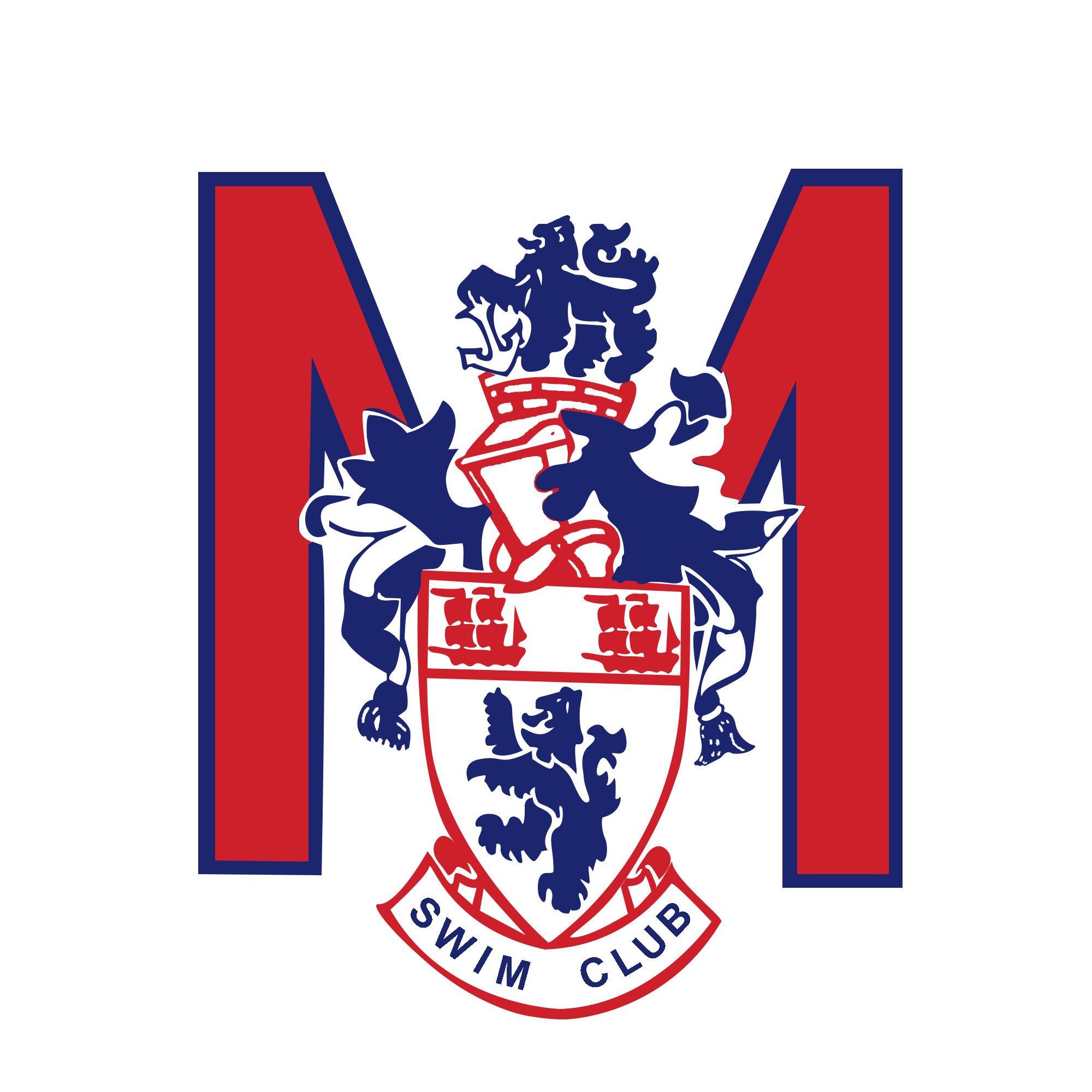
What is a Performance Lifestyle?
A performance lifestyle is leading a life where you have the
ability and skills to manage your own individual environment
effectively to ensure that your swimming and non-swimming lives
compliment each other to benefit you and your performance.

Why is it important?
A performance lifestyle is important because success is not just
about what you do in the pool or gym. By developing yourself as a
person in other ways it can have a positive impact on your
performance, life outside of swimming, and help you to develop a
future career at the same time.
How can you lead a performance lifestyle?
There are many things that can contribute towards leading a
performance lifestyle; here are 8 top tips….
- Be professional by displaying the appropriate behaviours for an athlete that wants to successful in and out of the pool.
- Be resourceful to find what you need to know, and when, by using different ways of researching and communicating with others.
- Balance commitments effectively so that your life outside of swimming is a positive distraction and actually compliments what you do in training.
- Be independent so that you take responsibility for yourself and how you develop as a swimmer and a person.
- Understand yourself by exploring your strengths, weaknesses and interests to allow you to be the best you can be in and out of the pool.
- Manage your network by building and maintaining effective relationships and communicating appropriately with others.
- Deal with change effectively through recognizing and embracing transitions that allow you to grow as a person.
- Manage your environment to allow you to thrive as a swimmer and as a person by ensuring you have everything you need in place to be happy and successful
What contributes to a performance lifestyle?
A performance lifestyle can be made up of a number of aspects that will all contribute towards developing you as a person and a swimmer…

- Communication skills, face-to-face, in small/big groups and in different environments, via different means (phone, email etc.)
- Planning, identifying your goals and putting short, medium and long term plans of how you achieve these in place.
- Time Management & Organisation, effectively managing your schedule by using a preferred tool or method to make the best use of time.
- Managing Personal Finances, understanding your income and how to manage a weekly/monthly budget.
- Networking, identifying the people that can help you, building relationships and manging your network effectively.
- Dealing with Media & Public Speaking, using social media appropriately, developing presentation skills and
- understanding how to work with the media.
Education & Career Development
- Balancing education & sport, having the commitment, skills and tools to manage both schedules effectively.
- Education choices, making the right choices based on your interests, what you want to do in the future and what fits well with your other commitments.
- Career planning, having a plan in place to develop a successful career alongside swimming.
- Work/Voluntary experience, seeking opportunities that excite you, fit well with your schedule, develop you as a person and have a positive impact on others.
- Personal development, using learning experiences and interests outside of the pool to help develop the qualifications and skills you need to be successful personally and professionally.
- Job Preparation & interview skills, developing a C.V and knowledge of how to apply for jobs.
